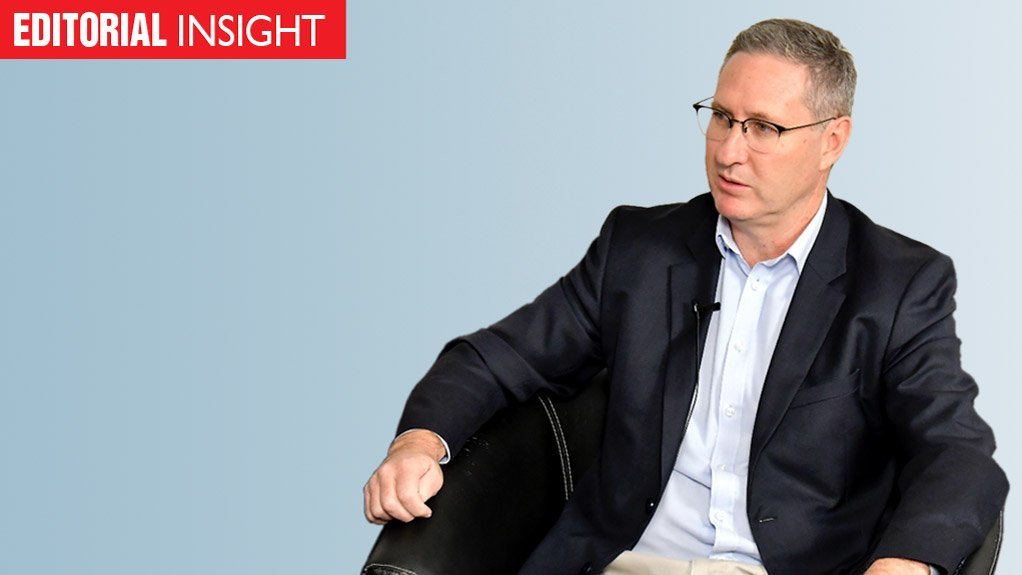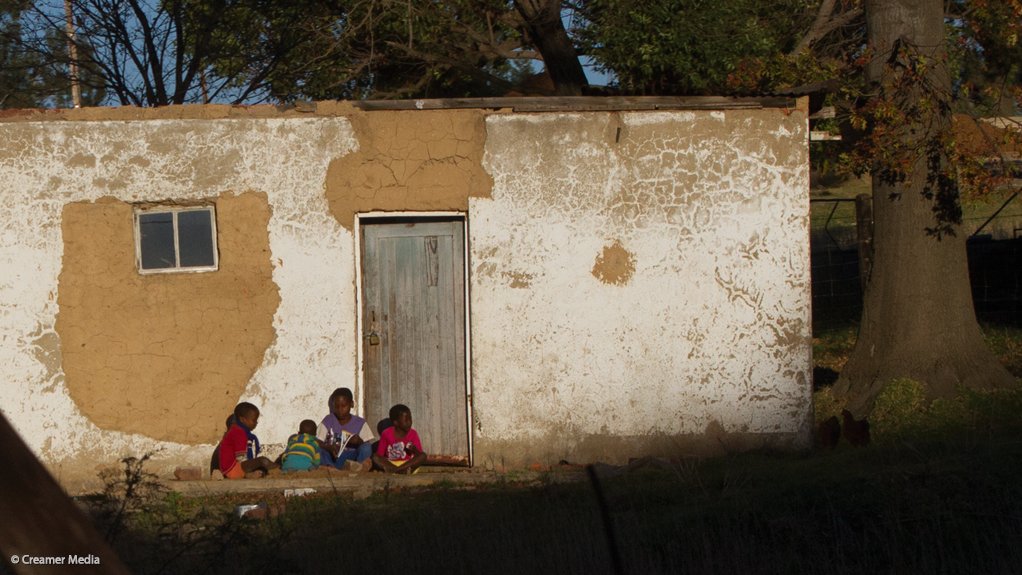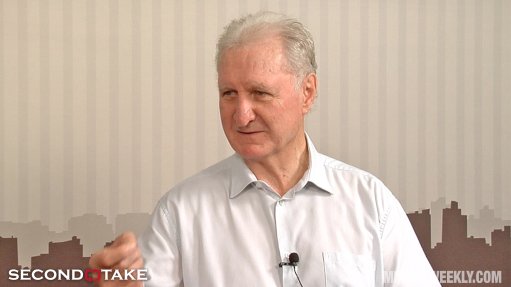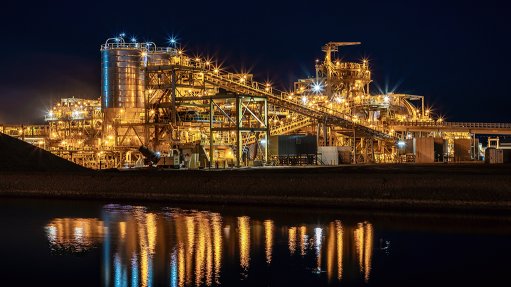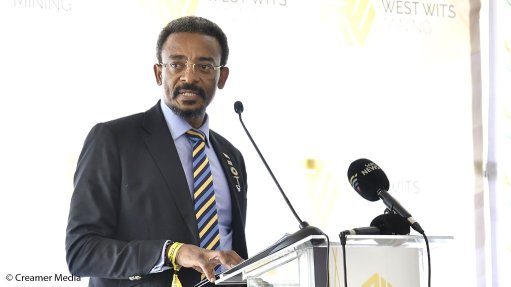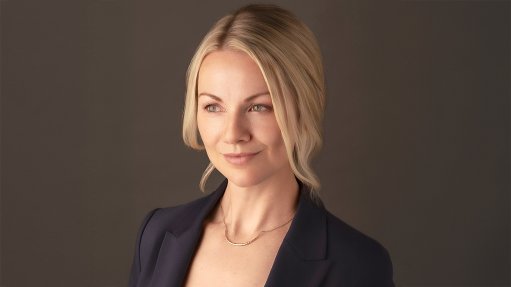Poverty setback
The Global Economic Prospects report, released by the World Bank earlier this month, makes for disturbing reading. The report states that the Covid-19 pandemic has precipitated a dramatic fall in per capita income, pushing millions more into extreme poverty and reversing the downward global-poverty trend for the first time in a generation.
Globally, more than 100-million people will fall into extreme poverty, about one-third of whom live in Sub-Saharan Africa – a region where four in ten people already live in extreme poverty.
The pandemic, the bank estimates, caused a 6.1% fall in per capita income in the region last year and is expected to lead to a further 0.2% decline in 2021, before firming somewhat in 2022. “The resultant decline in per capita income is expected to set average living standards back by a decade or more in a quarter of Sub-Saharan African economies, with even more severe setbacks in Nigeria and South Africa – home to one-quarter of the region’s population. In all, this reversal is projected to push tens of millions more people in the region into extreme poverty cumulatively in 2020 and 2021.”
Likewise, inequality is also likely to worsen, partly reflecting the fact that the pandemic is expected to have a disproportionately negative effect on the incomes of vulnerable groups, such as women, migrant workers, those employed in lower-skilled occupations or informal sectors, and those with limited assets and constrained access to credit.
For South Africa, which already has serious poverty and inequality problems, the consequences of this miserable setback, which was sadly in evidence even before the pandemic, are potentially devastating. As President Cyril Ramaphosa noted when delivering the African National Congress’ January 8 statement: “The pandemic has brought into sharper focus the fault lines of inequality, income deprivation, asset poverty, and lack of skills and economic opportunities among the majority of our people.”
With some two-million precious jobs lost last year, the outlook for many families is decidedly bleak. To be sure, the immediate remedy lies in the provision of massive social relief, despite South Africa’s fiscal pressures. As the World Bank itself notes, fiscal consolidation, while required, could weaken South Africa’s recovery if implemented prematurely. The country is in the midst of a once-in-a-century disruption and a business-as-usual fiscal stance is unlikely to cut it.
That said, the only sustainable remedy lies in ensuring that the economy – weighed down for far too long by corruption, power cuts and poor or poorly implemented policy – starts to grow strongly and begins creating millions of jobs, especially for young people.
The best way, in the current context, to reignite growth is to secure adequate doses of the Covid-19 vaccine in the shortest possible time so that the massive task of immunising 40-million people can begin being implemented at scale. The opportunity cost of not getting this right first time is simply enormous, particularly given the relatively rapid progress being made elsewhere.
Article Enquiry
Email Article
Save Article
Feedback
To advertise email advertising@creamermedia.co.za or click here
Announcements
What's On
Subscribe to improve your user experience...
Option 1 (equivalent of R125 a month):
Receive a weekly copy of Creamer Media's Engineering News & Mining Weekly magazine
(print copy for those in South Africa and e-magazine for those outside of South Africa)
Receive daily email newsletters
Access to full search results
Access archive of magazine back copies
Access to Projects in Progress
Access to ONE Research Report of your choice in PDF format
Option 2 (equivalent of R375 a month):
All benefits from Option 1
PLUS
Access to Creamer Media's Research Channel Africa for ALL Research Reports, in PDF format, on various industrial and mining sectors
including Electricity; Water; Energy Transition; Hydrogen; Roads, Rail and Ports; Coal; Gold; Platinum; Battery Metals; etc.
Already a subscriber?
Forgotten your password?
Receive weekly copy of Creamer Media's Engineering News & Mining Weekly magazine (print copy for those in South Africa and e-magazine for those outside of South Africa)
➕
Recieve daily email newsletters
➕
Access to full search results
➕
Access archive of magazine back copies
➕
Access to Projects in Progress
➕
Access to ONE Research Report of your choice in PDF format
RESEARCH CHANNEL AFRICA
R4500 (equivalent of R375 a month)
SUBSCRIBEAll benefits from Option 1
➕
Access to Creamer Media's Research Channel Africa for ALL Research Reports on various industrial and mining sectors, in PDF format, including on:
Electricity
➕
Water
➕
Energy Transition
➕
Hydrogen
➕
Roads, Rail and Ports
➕
Coal
➕
Gold
➕
Platinum
➕
Battery Metals
➕
etc.
Receive all benefits from Option 1 or Option 2 delivered to numerous people at your company
➕
Multiple User names and Passwords for simultaneous log-ins
➕
Intranet integration access to all in your organisation



